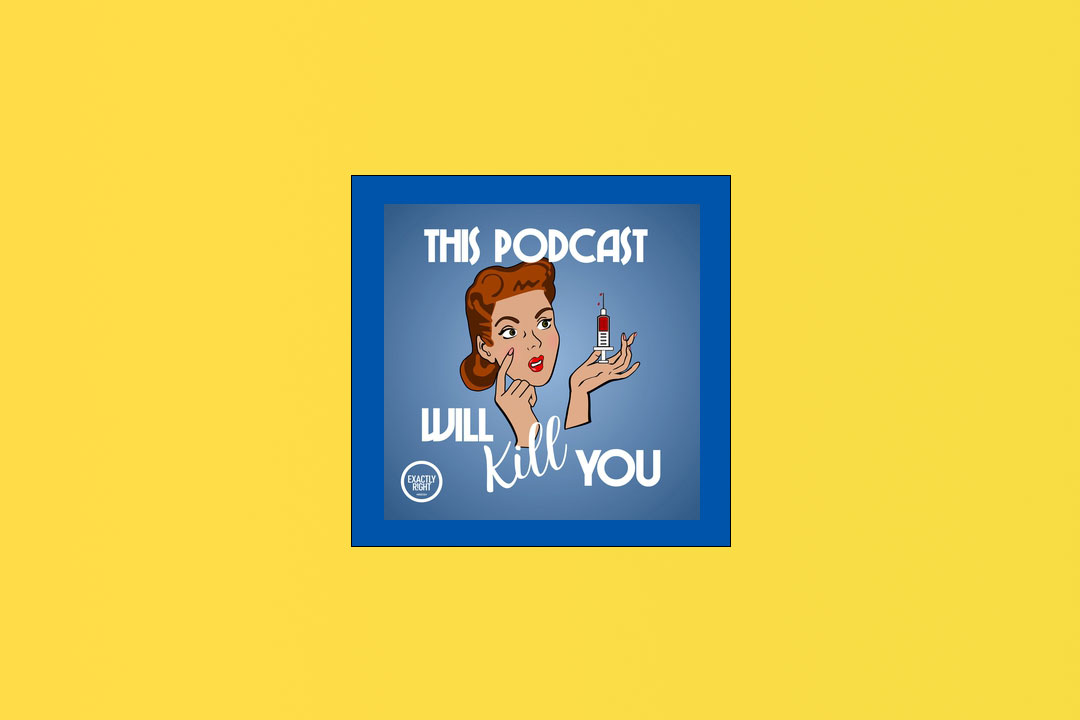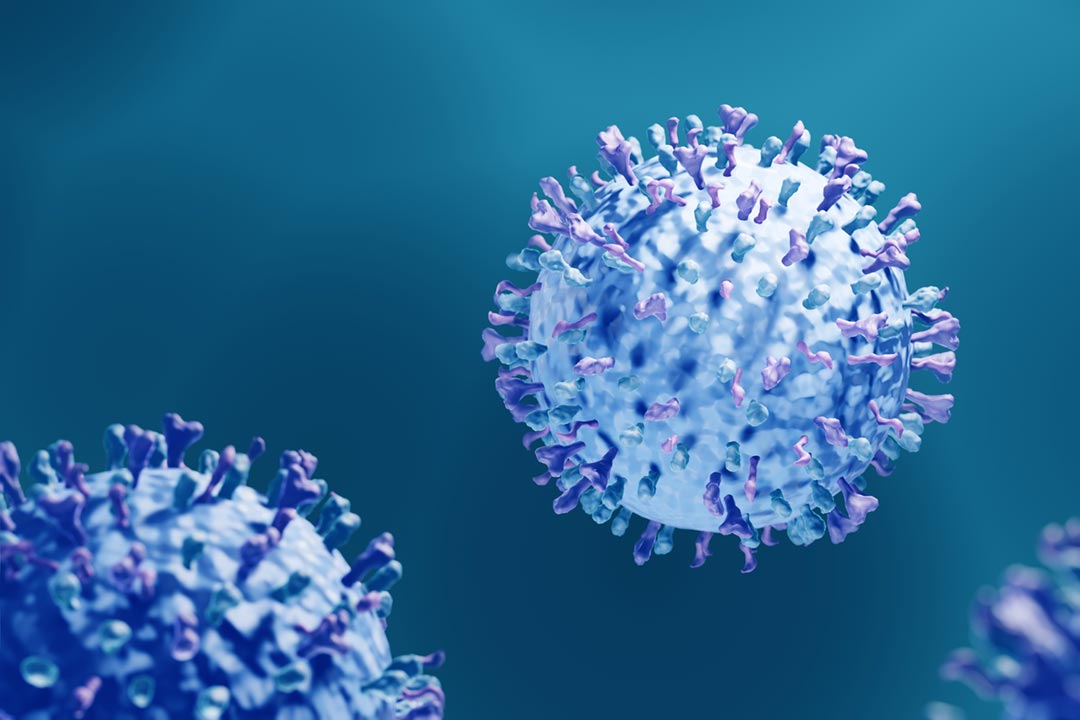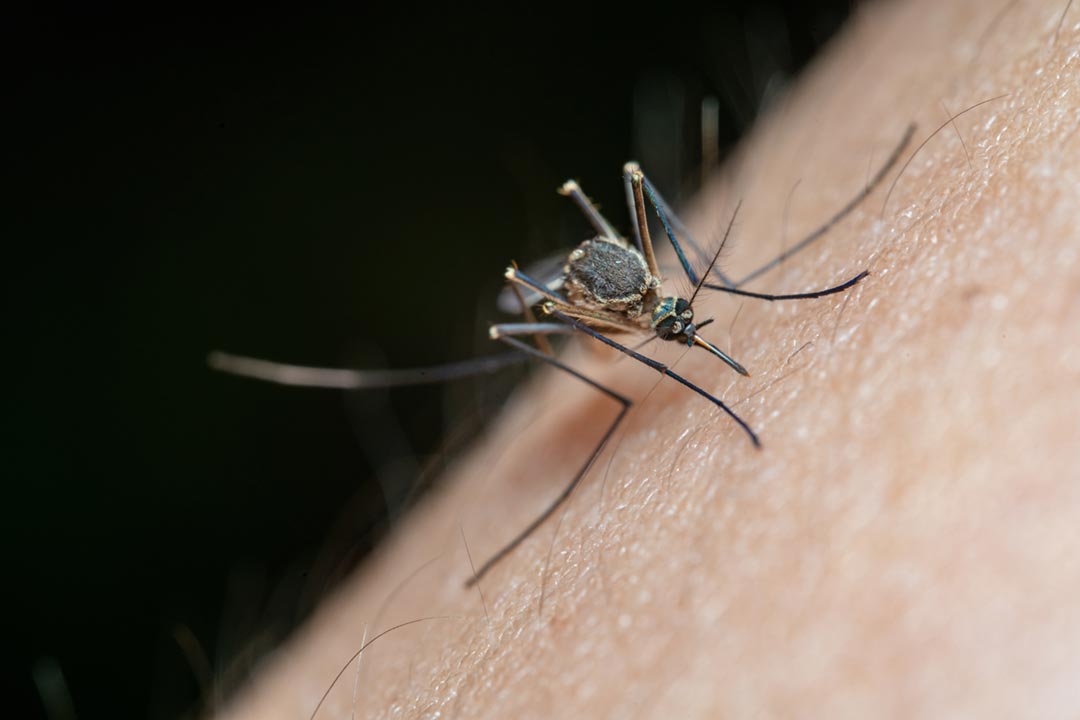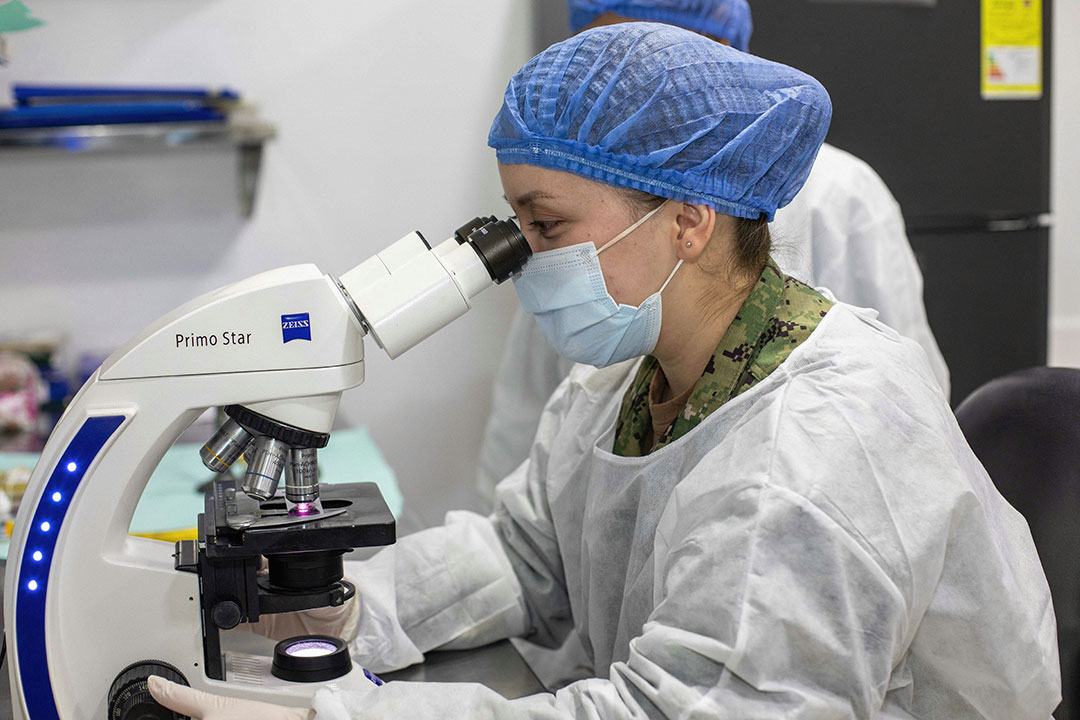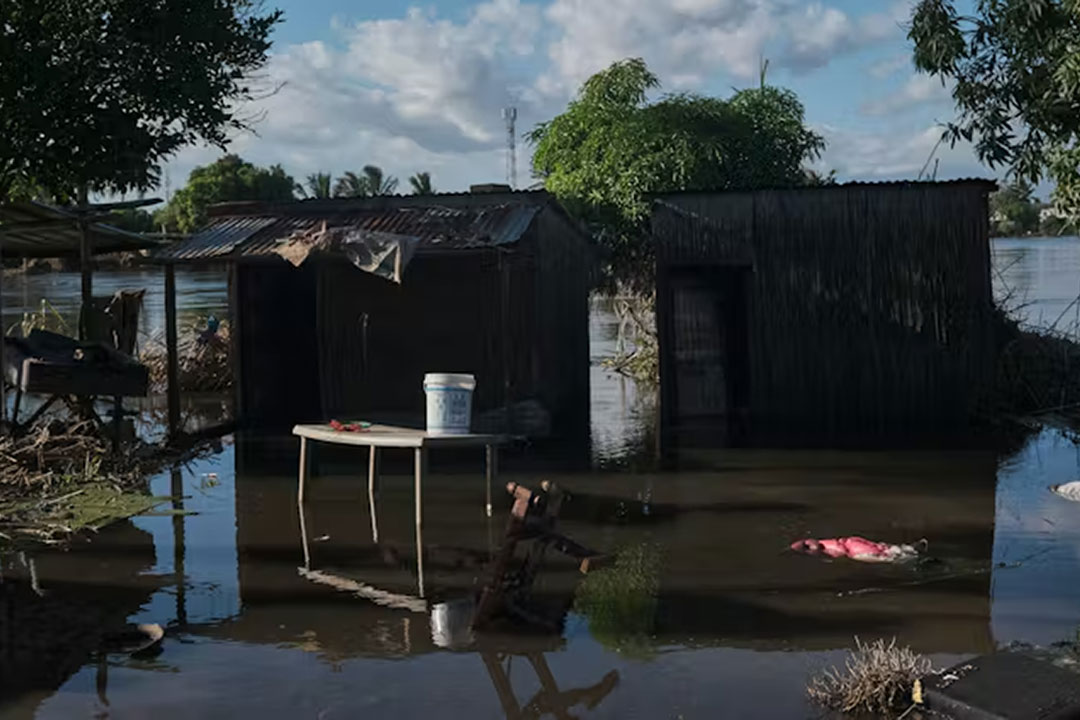Is antimicrobial resistance exacerbating the COVID-19 pandemic?
Will efforts to save lives in cases of severe COVID-19 trigger another global health crisis once the pandemic is over?
- 11 May 2020
- 4 min read
- by Ciara McCarthy
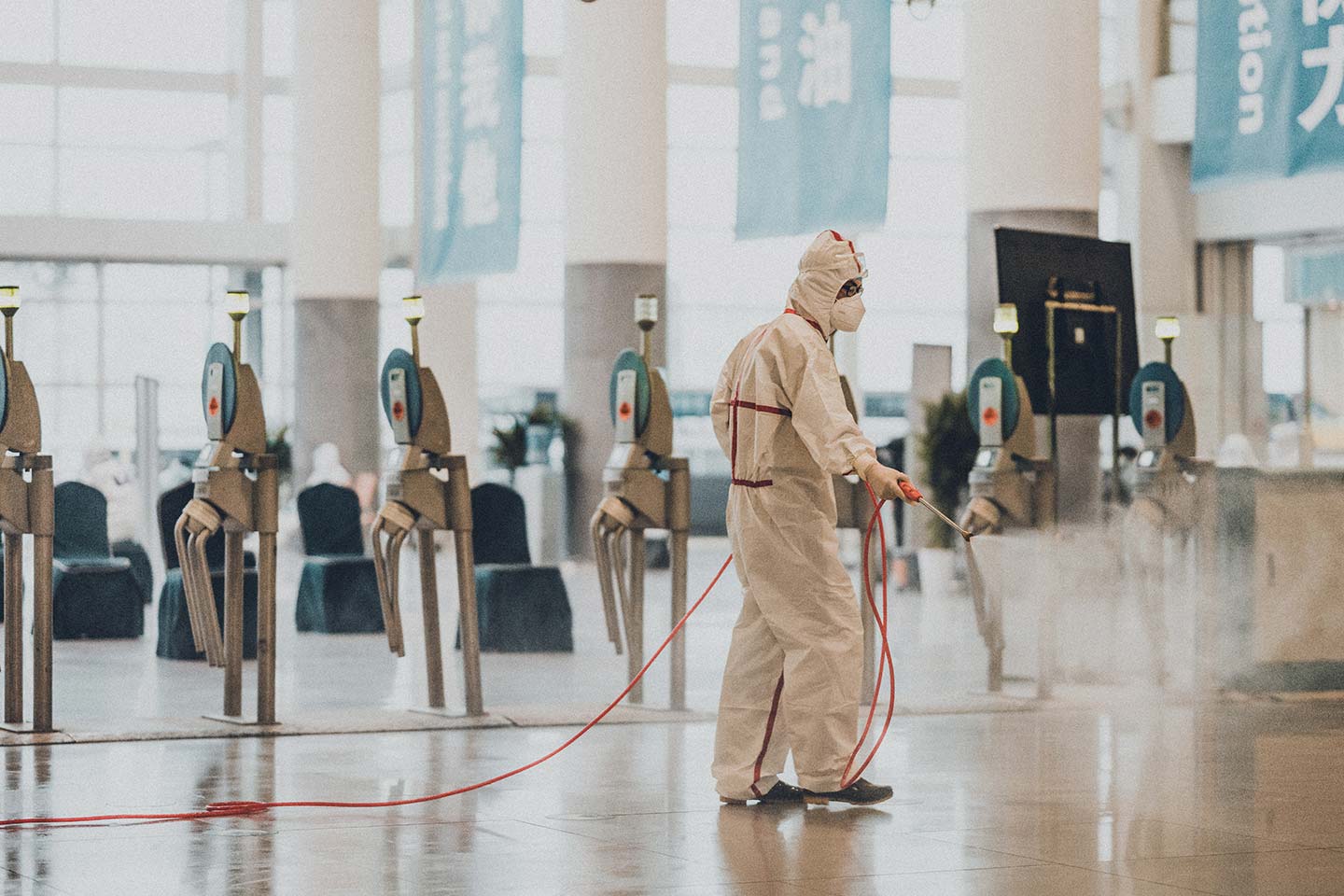
The COVID-19 pandemic has shown all too clearly that globally, health systems are ill-prepared to respond to the threats posed by novel infectious diseases. Yet it is also likely to escalate a public health crisis that has been brewing for more than half a century: antimicrobial resistance.
Antimicrobial resistance is when drugs that are used to treat infections are rendered ineffective by a genetic change in the bacterium, virus or fungus causing the infection. Microorganisms undergo genetic change all the time, but misuse and overuse of antibiotics can drive the spread of resistance genes through the population by creating an environment in which resistant microorganisms will thrive in comparison to their drug-sensitive counterparts.
The World Health Organization has been calling antimicrobial resistance a major public health threat since 2014. Before COVID-19 it was estimated to kill around 700,000 people worldwide every year, a figure that was predicted to rise to 10 million by 2050. There have been global calls to protect the effectiveness of antibiotics through “antibiotic stewardship,” which in part involves reducing antibiotic consumption. There is increasing evidence to suggest that vaccination could play an important role here, by reducing antibiotic use through disease prevention and also by reducing the ability of resistant strains to spread. A recent paper in Nature found that in low- and middle-income countries, pneumococcal vaccine and rotavirus vaccine currently prevent 23.8 million and 13.6 million episodes of antibiotic-treated illness in children respectively.
But now COVID-19 is threatening to unravel these efforts. There is growing concern among experts around the world about the increased use of antibiotics during this viral pandemic. Some studies in Wuhan have found that almost all COVID-19 patients were being treated with antibiotics. In some cases this may be appropriate, as secondary bacterial infections can cause complications resulting from the virus. In others, using antibiotics to treat COVID-19 is at best ineffective, and at worst acts to drive the spread of resistance against some of our most clinically important antibiotics.
Maintaining routine immunisation could be one of the only tools we have to mitigate this threat. By preventing cases of pneumonia and diarrhoea, vaccines can reduce the use of antibiotics by preventing cases of the illnesses that these drugs are typically used to treat. On top of this, they could help protect people against secondary bacterial infections that may be contributing to the significant levels of mortality seen with COVID-19.
A small study in Wuhan found that half of patients who died from the virus also had secondary bacterial infections, which suggests that bacteria could play an important role in the global burden of severe COVID-19 outcomes. It is a well-known phenomenon that secondary infection with bacteria like Streptococcus pneumoniae and Haemophilus influenzae can lead to complications and death in people with flu, particularly during pandemics. Of an estimated 50-100 million people who died during the 1918-19 Spanish influenza pandemic, it is believed that up to 95% may have suffered from pneumonia caused by secondary bacterial infection.
Both Streptococcus pneumoniae and Haemophilus influenzae type b (Hib) are vaccine-preventable. With support from Gavi, the Vaccine Alliance, 60 of the world’s poorest countries have introduced the pneumococcal vaccine and all vaccinate against Hib through delivery of a five-in-one pentavalent vaccine. The good news is that this means millions of people will already be protected against some of these deadly secondary infections through years of global efforts to increase vaccination coverage.
Faced with limited tools to respond to this pandemic, vaccination could prove a vital lifeline – even before we have a vaccine against the new coronavirus itself. This is one reason why it’s so important that essential health services are continued during this pandemic, and why health care workers have the means for adequate infection and prevention control. Because vaccines that we already have at our disposal could protect those infected with the virus from deadly secondary bacterial and viral infections. And this could ensure that we don’t emerge from this current disease threat only to face an even bigger challenge in the form of antimicrobial resistance.
More from Ciara McCarthy
Recommended for you

